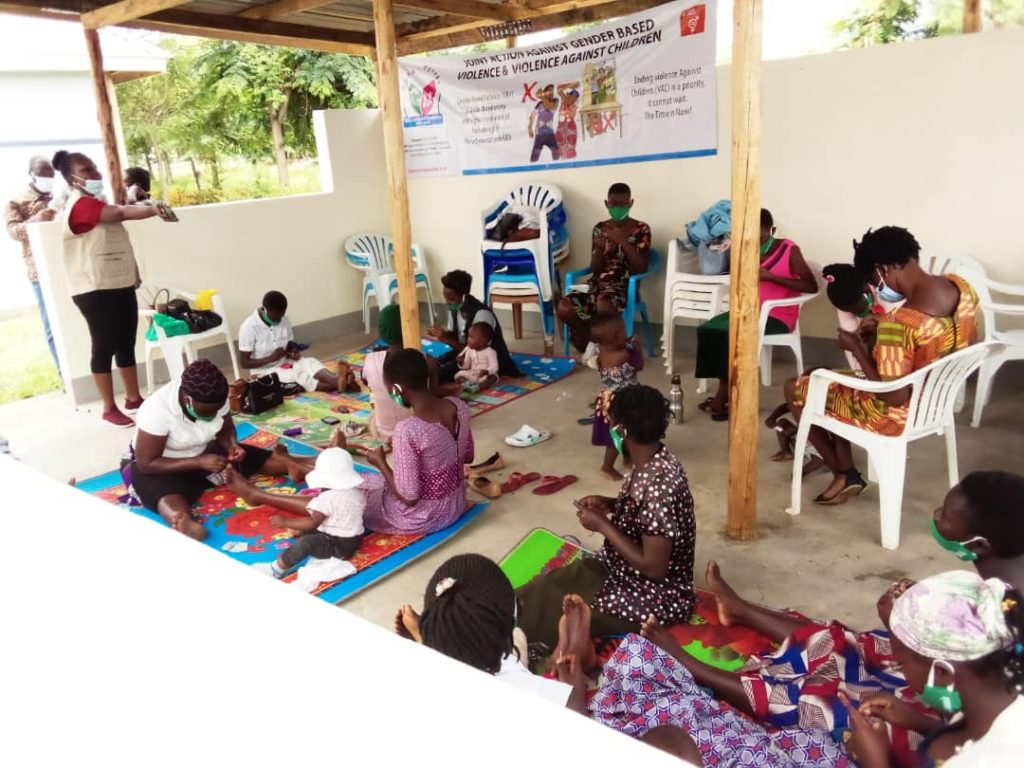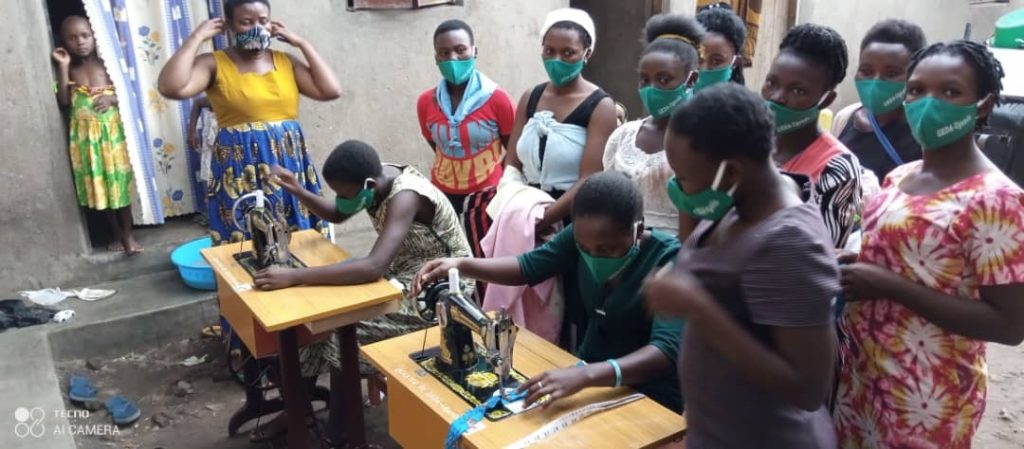The 16 Days of Activism Against Gender-Based Violence is an international campaign to challenge violence against women and girls. The campaign runs every year from 25 November, the International Day for the Elimination of Violence against Women, to 10 December. This day was initiated in 1991 by the first Women’s Global Leadership Institute, held by the Center for Women’s Global Leadership (CWGL) at Rutgers University.
There has been a lot of violence against women and girls (VAWG) in the whole world and there has been lots of statistics about this and so the 16 days of activism were adopted to create awareness about these challenges of VAWG, engage leaders and different stakeholders in the fight against VAWG among others.
According to the latest estimates, nearly 1 in 3 women aged 15 years and older, around the world have been subjected to physical or sexual violence by an intimate partner, non-partner or both, at least once in their lifetime, indicating that levels of VAWG have remained largely unchanged over the last decade (UN Women). These numbers do not reflect the impact of the COVID-19 pandemic and would be even higher if they included the full continuum of violence that affect women and girls including sexual harassment, violence in digital contexts, harmful practices and sexual exploitation. COVID-19 has exacerbated all the risk factors for VAWG, including unemployment and poverty, and reinforced many of the root causes such as gender stereotypes and harmful social norms. It has been estimated that 11 million girls may not return to school because of COVID-19, thereby increasing their risk of child marriage.
According to a survey by UBOS and UN Women (2020) in Uganda https://reliefweb.int/sites/reliefweb.int/files/resources/uganda_rga_full_report.pdf , it found out that gender-based violence victims are largely being violated by people they live with/other household members, This includes spouses (33%), father (9%), mother (4%), other relatives (4%), sibling (2%), and daughter/son (1%). Therefore, awareness about the law, guidance and engagement with different actors is very key especially during these 16 days of Activism.
Gender-Environment and Development Action Uganda stands with the rest of the Partners, CSOs to commemorate and participate in making awareness through media about VAWG. GEDA Uganda currently works with teenage mothers in Kasese District to skill them in Knitting, tailoring and craft shoe making as a way of giving them hope.

GEDA Uganda envisions “A world where gender equity and environmental sustainability prevail, in which women and girls have the power to harness their full potential”. We are committed to contributing towards SDG 5 and we would like to encourage each and every one to do their role to end Violence against Women and girls. Together we can orange the world and end VAWG.


Comments